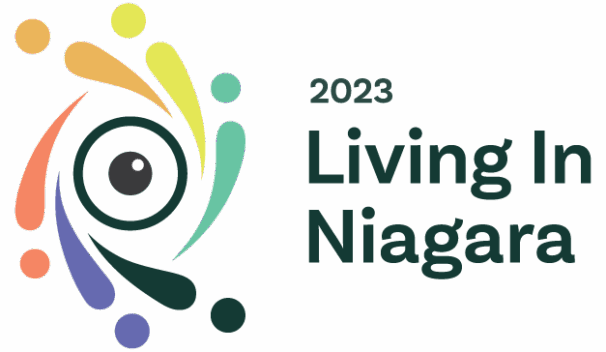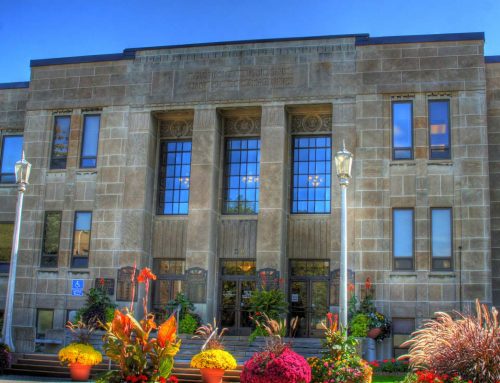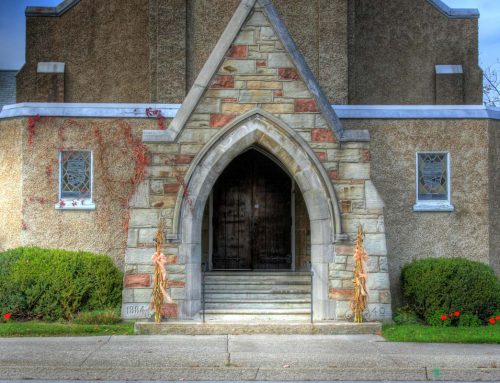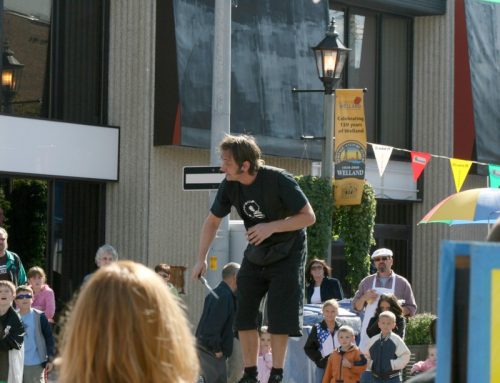[button_link style=”green large” url=”https://www.livinginniagarareport.com/wp-content/uploads/Living-In-Niagara-report-2011-Belonging-Volunteering-Giving-and-Leadership-in-Niagara.pdf”]Click here to download a PDF of the summary version of this sector.[/button_link]
Community capacity building is enhanced by the strong bonds and networks that connect its people, so that they are able to mobilize around issues and take constructive action together. Social capital is a community asset evidenced through citizens’ expression of civic responsibility, generosity and trust. People who engage in political, recreational and charitable activities or give generously of their time, talents, leadership, energy and money are strengthening their community. Whether citizens participate at the local or regional level, their involvement benefits both their community and themselves as individuals. When citizens take part and are included in planning, processes and solution-building, trust and a sense of community belonging result.
What we are doing well…
Throughout Niagara, there are many community, cultural, family and friendship networks as well as opportunities to engage in societal decision-making and voting processes. Mentoring initiatives are evolving that both enrich young people seeking experience and skills, and value older adults’ wisdom and expertise. Niagara’s seniors contribute significant volunteer hours in a variety of areas. Several local municipalities across Niagara have engaged younger citizens by creating mayors’ youth advisory councils. Secondary school graduation diploma requirements for community service hours and service learning initiatives at Niagara College and Brock University provide opportunities for young people to learn about and feel a part of Niagara. Niagara residents report a higher sense of belonging to their community than is reported for Ontario or Canada. While decreasing voter turnout across Canada is a major concern, Niagara turnout rates are slightly higher than that for other regions. In the 2011 provincial election, Niagara had a 52.4 percent voter turnout rate, compared to the provincial average of 48 percent. Information Niagara coordinates Niagara Volunteer Connections, a web-based volunteer recruitment database supported by community groups and agencies. The Regional Association of Volunteer Administrators provides online links to volunteer opportunities on behalf of volunteer coordinators from more than 30 Niagara not-for-profit agencies.
By working together, we can improve belonging, volunteering, giving and leadership in Niagara
It is a community challenge to continuously create a culture of civic participation, charitable giving, voluntarism, engagement and leadership for all ages. This is especially true during times of economic uncertainty. Niagara residents have many competing priorities for their time, energy and financial giving. Time and transportation have been identified as barriers to volunteering. Many of the elderly population in Niagara are well and they serve as volunteers. Many of this age group also require increased services, friendly visits, meals and home care themselves. Our elected representation at all levels of government is predominantly male. While many throughout Niagara are making efforts to facilitate civic engagement, the citizenry may not be fully aware of those efforts and not know how to be engaged.
Emerging Activity
- The Niagara Age-Friendly Community Initiative is engaging citizens in applying World Health Organization age-friendly principles to ensure accessibility and inclusivity for Niagara citizens of all ages.
- Leadership Niagara was launched in 2007 to identify, nurture and grow future leaders throughout the region. As of June 2011, 90 people had graduated from the program, and 16 community projects were completed. The Leadership Niagara teamwork experience has evolved to be closely linked to Niagara’s voluntary sector, with project suggestions provided by local agencies and organizations.
Suggested Action Steps
that emerged from the data, and discussions with community expert opinion leaders:
- Continue to develop a Niagara-wide culture of involving citizens in civic engagement, and encouraging people to take action on the suggestions for each of the sectors outlined in Living in Niagara – 2011, as well as those identified by the Sustainable Niagara plan.
- Acknowledge and measure non-paid, not-for profit work and its impact on Niagara’s individuals, organizations and the economy.
[call_to_action title=”Expert Opinion Leader Rating” tag_line=”A lot of progress being made.” button=”3b” link=”JavaScript:alert(‘A lot of progress being made.’);”]








